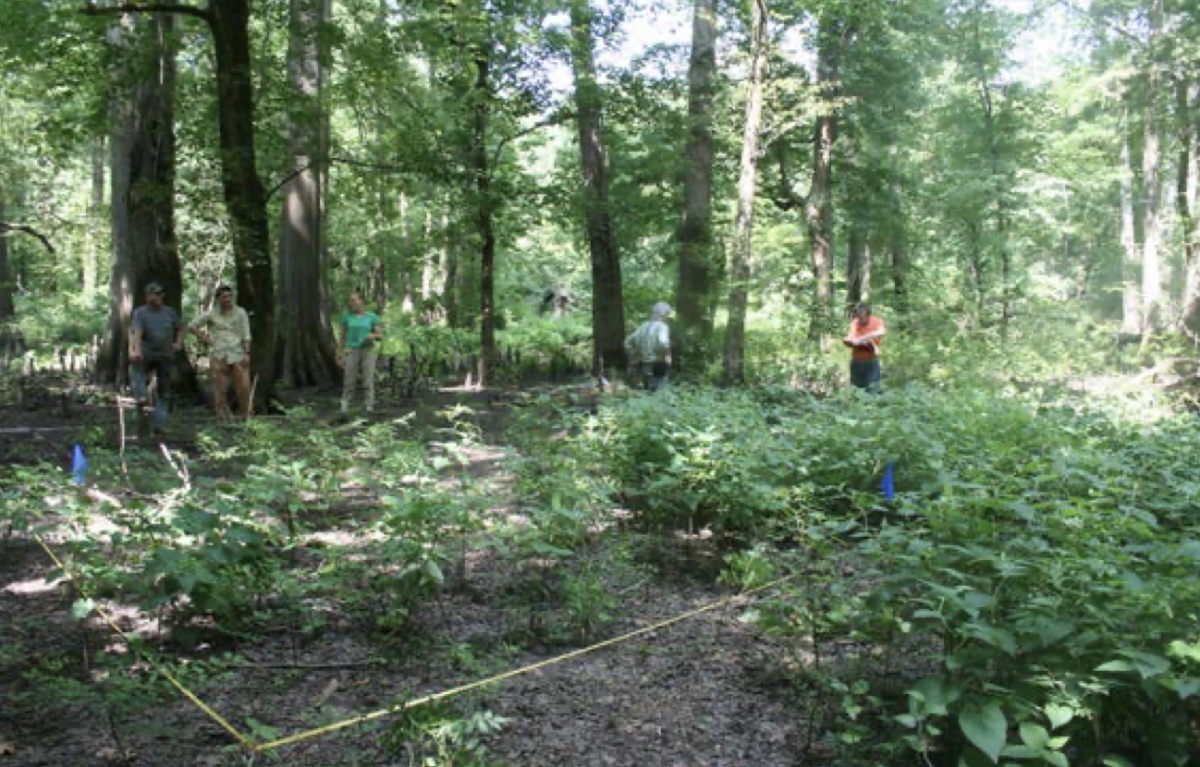After a lengthy period of inaction on it, state Senator Brent Taylor’s much-vaunted legislative resolution to remove Shelby County DA Steve Mulroy from office was scheduled for a hearing in the state House Criminal Justice Subcommittee on Wednesday of this week.
Asked about the matter following his appearance before the Downtown Kiwanis Club last week, Mayor Paul Young had this to say: “I don’t think they should remove a duly elected individual. I told Brent that, but I opt not to get into all of the public back-and-forth on DA Mulroy or the school board because I believe that Memphis needs a leader that can stay above the fray. And I get so sick of the drama. It’s just nauseating. Every day is some BS that people want us to respond to that’s all personality-driven that does not help our people, so I stay out of it and let them figure it out.”
What the House subcommittee will try to figure out was expressed this way in Taylor’s original Senate resolution: “General Assembly, Statement of Intent or Position – Authorizes the Speaker of Senate to appoint a committee to meet with a like committee from the House of Representatives to consider the removal of Steven J. Mulroy from the office of District Attorney General for the Thirtieth Judicial District by the Tennessee General Assembly acting pursuant to Article VI, Section 6 of the Constitution of Tennessee.”
The Senate resolution has not so far advanced. It is the House version, more or less identically worded and co-sponsored by state Representative Kevin Vaughn, that will be considered on Wednesday, to be regarded either (in Young’s phrase) as “BS” or, as Senator Taylor has argued, as an important element of his soi-disant “Make Memphis Matter” campaign.
Taylor has issued a lengthy, if somewhat sketchy, bill of particulars to justify his essential claim that Mulroy’s tenure is injurious to the prospects for crime control in Memphis.
Word to this point has been that few members of the legislature’s leadership or its rank and file have shared Taylor’s sense of urgency or timing.
The issue will be vying for attention with such matters as a pending measure authorizing state takeover of the Memphis Shelby County School Board and Governor Bill Lee’s announcement this week of a supplement to his budget.
And both Mulroy and Young, in his remarks to Kiwanis last week, have cited figures showing dramatic recent decreases in the incidence of crime in the city.
The mayor presented figures showing a 13.3 percent decrease in crime overall since 2022, with reductions occurring in every ZIP code except two. Homicides were down 30 percent, and motor vehicle thefts were down 39 percent, he said.
He also cited figures demonstrating that crimes in the FedExForum area were substantially lower than equivalent areas in Downtown Nashville.
“Results,” he said when asked why the city council, which failed to approve his reappointment of Police Chief C.J. Davis in 2024, had unanimously approved her this year.
• The appointment of Circuit Court Judge Valerie Smith to replace the retiring Judge Arnold Goldin on the state Court of Appeals was finalized by the legislature on Monday.
• Inspired by the ongoing series of angry popular protests of Department of Government Efficiency (DOGE) actions at congressional town halls nationwide, Shelby County Democrats made ready to organize a protest action last Saturday at a scheduled local appearance by 8th District Republican Congressman David Kustoff.
The action had to be called off, however, when Kustoff’s speech to the men’s club at Our Lady of Perpetual Help Catholic Church in Germantown was canceled because of what church officials called “safety concerns.”



